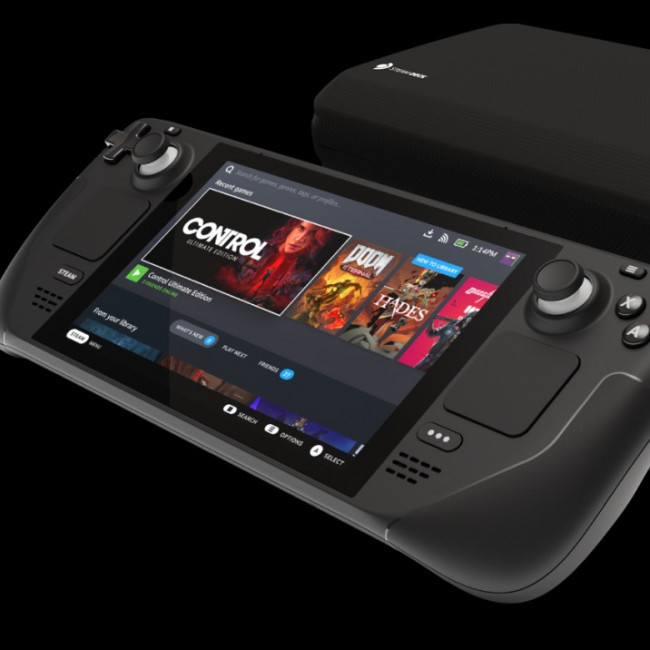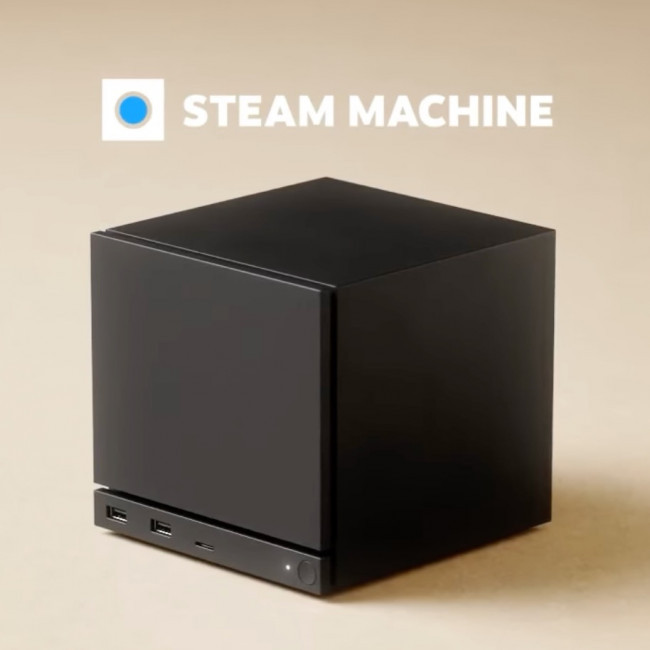Valve says it won’t release a Steam Deck 2 until new chips enable a major performance leap, even as it expands its hardware lineup with the Steam Machine, Steam Frame VR headset, and a redesigned Steam Controller.
Valve has “a pretty good idea” of what the Steam Deck 2 will look like – but fans shouldn’t expect it anytime soon.
In a new interview with IGN, Valve engineer Pierre-Loup Griffais confirmed that while a successor to the handheld is firmly planned, the company is holding off until the chip market can deliver a truly next-gen leap in performance without sacrificing battery life.
Griffais said: “We’re not interested in getting to a point where it’s 20 or 30 or even 50 per cent more performance at the same battery life.”
The engineer explained that Valve wants a dramatic architectural jump before green-lighting new hardware.
At present, no SoC on the market hits that threshold, meaning the original Steam Deck – first released in 2022 – will remain the company’s only handheld for now.
The comments arrives just as Valve unveiled an unexpected trio of new devices: the Steam Machine, Steam Frame, and a new Steam Controller.
The Steam Machine is a compact six-inch living-room console running SteamOS, designed to quietly run full PC games and double as a Linux desktop when paired with a monitor and keyboard.
The Steam Frame, meanwhile, is Valve’s new standalone VR headset – a lightweight, self-contained device capable of streaming a user’s full Steam library without needing a PC tether.
Finally, the redesigned Steam Controller “shares DNA” with the Steam Deck, offering magnetic thumbsticks, trackpads, a gyroscope, and rear grip buttons, with full compatibility across the Steam Machine, PC, and laptops.
All three devices are set to launch in early 2026, expanding Valve’s hardware ecosystem while the long-awaited Steam Deck 2 remains in development.
Valve has a ‘pretty good idea’ of what the Steam Deck 2 will be









